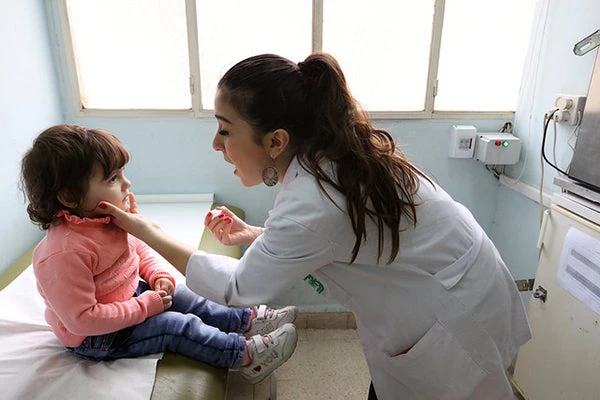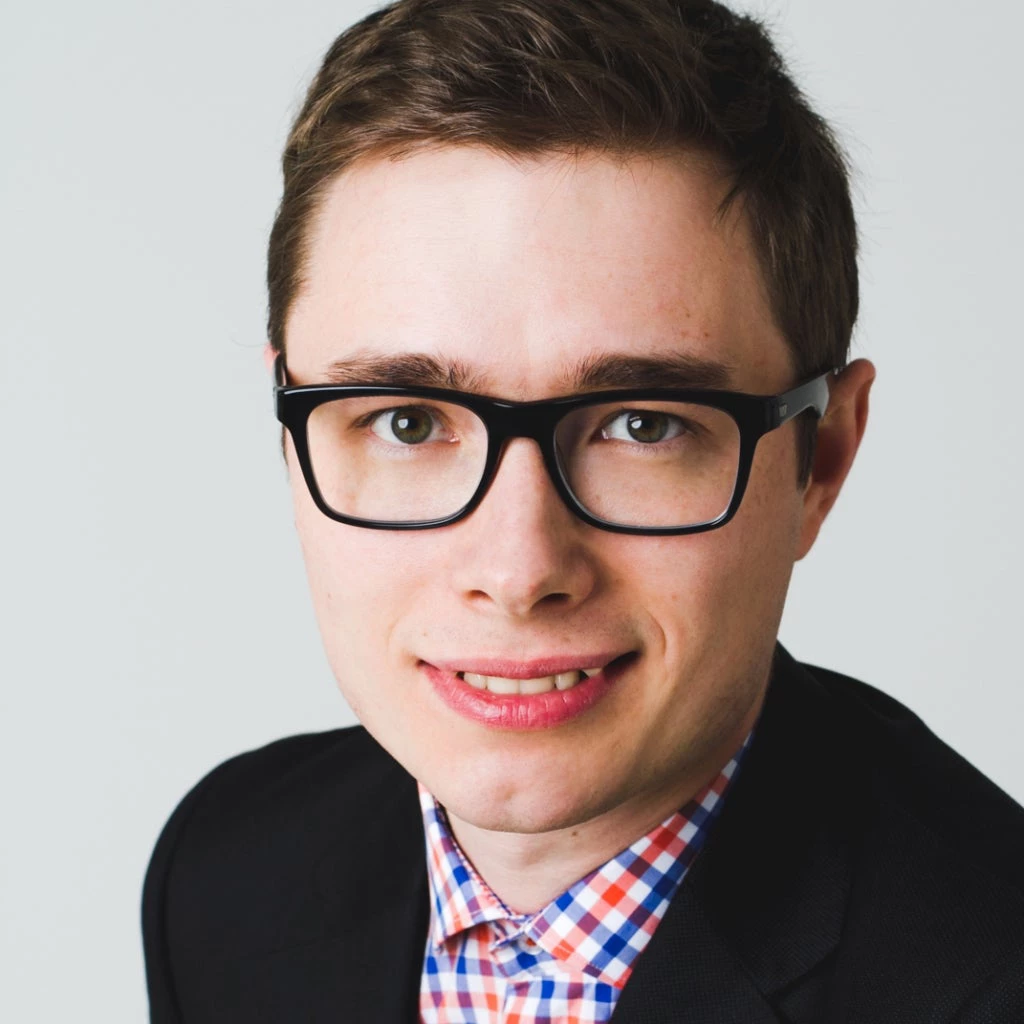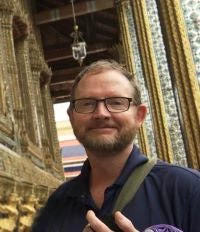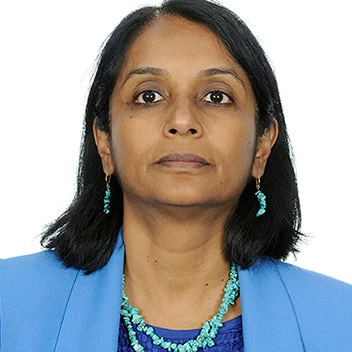
Thirty years ago, polio affected nearly 350,000 people per year across 125 countries. Today, the poliovirus is circulating in only two countries, Afghanistan and Pakistan, where five new cases have been reported so far in 2017. But progress to eliminate polio in the region has been difficult, particularly in North-West Pakistan, an area affected by deadly flooding, ongoing conflict, and attacks against vaccine health workers.
In many developing countries, and Pakistan in particular, the barriers to improve routine immunization performance are not just financial but systemic. Although Pakistan has made great strides in service delivery, immunization coverage in the country has stagnated since the 1990s, with the proportion of children who are fully immunized ranging between 16% in Balochistan and 82% in Punjab, and varying considerably across socioeconomic divides.
For many countries where polio has been eliminated, success has been achieved through strong national routine immunization programs that include a polio vaccine. In order to reach and maintain interruption of poliovirus transmission in Pakistan and Afghanistan, strong routine immunization programs producing high and equitable coverage will be essential.
The international community has made a major investment in polio eradication — including more than $800 million from the World Bank Group since 2003. More than a third of the investment has been in Pakistan. But we know that polio anywhere is a threat to countries everywhere, and that this is particularly true in countries with weak health systems. Therefore, strengthening health systems and routine immunization programs is imperative to safeguard investments and progress made globally.
One of the highlights of the global polio eradication and immunization strengthening effort has been the innovative financing efforts of many international development partners, , including Rotary International, supporting country government efforts.
Gavi, the Vaccine Alliance, brings together countries, donors, development organizations, civil society organizations, and the vaccine industry, in order to leverage available resources and innovative finance instruments. Gavi is also uniquely positioned to make impact investments and pool demand for vaccines from low-income countries to lower prices for new vaccines. The World Bank Group is bringing innovative financing mechanisms and expertise to help countries forge a path towards sustainable financing of immunization. The Gates Foundation has been a key partner in providing financial and technical resources to fully utilize the tools provided by the World Bank.
But investments in global immunization alone are not enough to ensure the eradication of diseases like polio. Efforts at the country level are critical for us to succeed and Pakistan offers a good example of country and partners coming together to comprehensively address immunization.
The Government of Pakistan’s Expanded Program on Immunization (EPI), which is aimed at immunizing all children against eight vaccine-preventable diseases, including polio, is a joint partnership between the government and partners to bring technical and financial support to make routine immunization a reality for more than 5 million children in Pakistan. In April 2016, the World Bank Group approved a credit of $50 million from International Development Association (IDA), the Bank’s fund to help the poorest countries. The credit is to help Pakistan increase the availability of vaccines for infectious diseases, including polio. The activities focus particularly on children under two-years-old in the poorest households where immunization coverage is lowest. As part of the National Immunization Support Project (NISP), Pakistan is increasing access to newer vaccines that are either in the process of roll out (pneumococcal vaccine) or under planning (rotavirus vaccine).
The project is receiving additional support through an US$94 million Multi-Donor Trust Fund, administered by the World Bank Group, with contributions from Gavi and the United States Agency for International Development. The Bill and Melinda Gates Foundation is also supporting the project through an innovative buy-down mechanism (the Results-linked Buy Down), which allows partial conversion of the IDA credit into a grant if the project achieves its objectives.
A similar approach in Nigeria has been successful. In 2015, the country was able to successfully interrupt polio disease transmission. Much of the World Bank’s support to polio in Nigeria was supported by grant donors through a buy-down mechanism that turned IDA financing into a grant if certain results (high polio immunization coverage) were achieved. The buy-down represented a “win-win-win” approach for all stakeholders: the Government received grant financing for a global public good as long as it performed well; the Bank could leverage the technical expertise of other partners, and the grant donors were able to leverage their funding.
In today’s resource-constrained environment, securing sufficient financing for health services remains a critical concern, and predictable, sustainable financing is crucial for the success of governments’ expanded immunization programs. Immunization itself should be seen as a key indicator and fundamental health service of a functional health system towards achieving Universal Health Coverage (UHC). The Bank assists countries in strengthening the financial sustainability of the sector as a whole - giving more children equitable, affordable access to a basic package of interventions. A focus on the performance and financing of immunization can be an effective entry point to this dialogue.
Immunization is in the long-term the most cost-effective intervention to prevent many of the serious infectious diseases of childhood. It’s no surprise that countries that are furthest along in the achievement of UHC are also leaders in immunization, helping their citizens enjoy better health and improved livelihoods.
This blog has been updated to correct an omission.




Join the Conversation